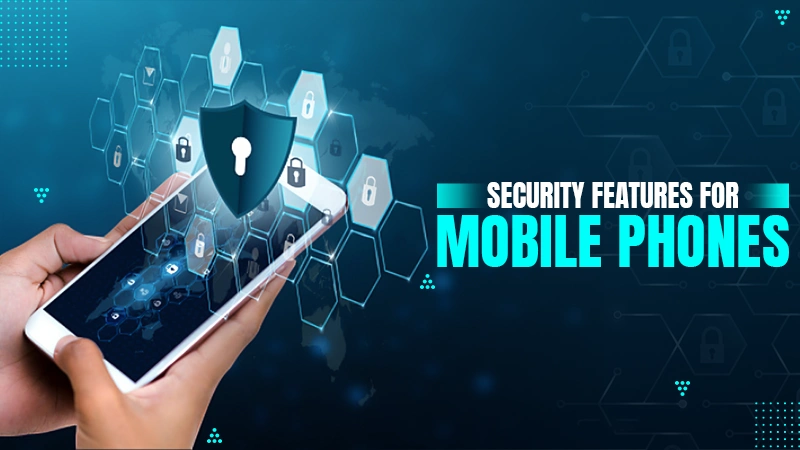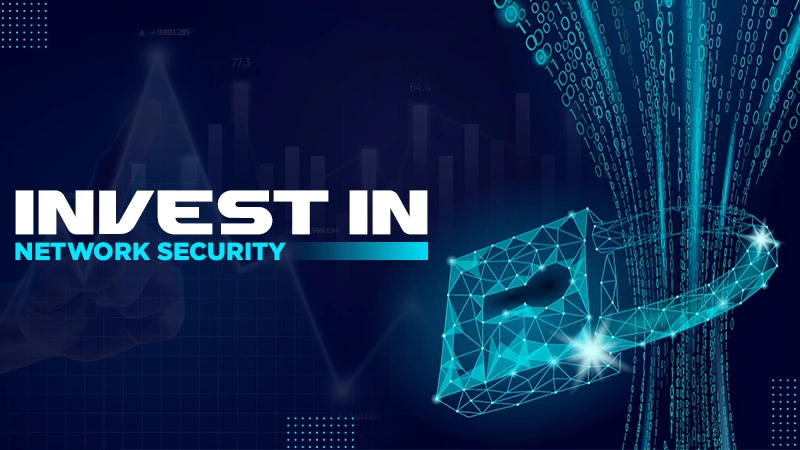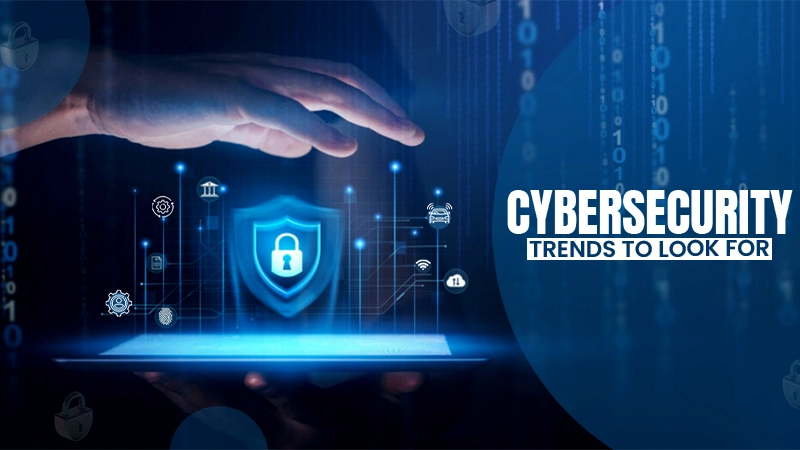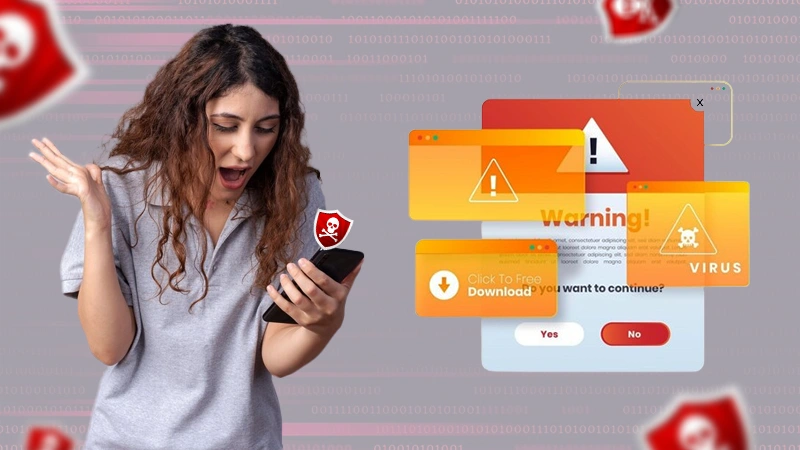Email has become a vital means of communication for personal and business purposes in our current society. Unfortunately, email security has become a significant issue due to the increase in cyber threats. Hackers are always on the lookout for ways to access and steal sensitive information sent through emails. That is where an email security certificate comes in handy. This article will explain how SSL certificates help protect your email server and why email security is crucial.
Introduction to Email Security
Email security refers to the measures taken to safeguard email communication and data from unauthorized access, interception, or theft. Given that email is a crucial means of communication for businesses, it is essential to secure email servers and ensure that sensitive information is kept confidential and protected from malicious actors.
Why Email Security is Necessary?
Emails contain sensitive information such as personal and financial details, passwords, and other confidential data. Cybercriminals can use this information to commit fraud, identity theft, or launch other malicious attacks. Therefore, it is crucial to secure emails to prevent data breaches and protect the confidentiality, integrity, and availability of information.
Email security involves a range of measures such as encryption, authentication, and access control. Encryption is the process of encoding messages to make them unreadable to unauthorized users. Authentication ensures that the sender and recipient are who they claim to be, and access control limits access to emails to authorized users only.
What is SSL Certificate on Mail Server?
An SSL certificate is a digital certificate that provides secure communication over the internet by encrypting data in transit. SSL stands for Secure Socket Layer, a protocol for establishing a secure connection between a client and a server. SSL certificates are commonly used to secure websites, but they can also be used to secure email servers.
An Email security certificate is used on a mail server helps to secure email communication between the server and clients. It ensures that any information exchanged between them is encrypted and protected from unauthorized access, interception, or modification by third parties. Additionally, the SSL certificate also serves to verify the authenticity of the mail server to its clients, providing them with the assurance that they are communicating with the correct server and not an imposter.
An SSL certificate on a mail server also ensures that emails are not altered during transmission, providing data integrity. Without SSL encryption, emails can be intercepted and read by anyone with access to the network. This is particularly dangerous when emails contain sensitive information such as passwords or financial data.
S/MIME vs SSL for Email Security
S/MIME certificates and SSL certificates are two different types of certificates that can be used for email security. S/MIME stands for Secure/Multipurpose Internet Mail Extensions, which is a standard for secure email messaging. S/MIME certificates are used for email encryption and digital signatures, providing confidentiality, integrity, and non-repudiation of emails.
SSL certificates, on the other hand, are used to encrypt email communication between a mail server and clients. SSL certificates do not provide digital signatures, but they provide encryption and authentication, ensuring that emails are not intercepted or tampered with during transmission.
Both S/MIME and SSL certificates can be used together for comprehensive email security. S/MIME provides end-to-end encryption and digital signatures, while SSL provides server-client encryption and authentication. Using both types of certificates ensures that emails are encrypted and authenticated from end-to-end, providing complete email security.
Benefits of Using SSL Certificates for Email Security
There are numerous benefits of using SSL certificates for email security, including:
- Protects against unauthorised access, interception, and theft of email content.
- Verifies the identity of the email sender and recipient.
- Establishes a secure and encrypted connection between email servers.
- Helps prevent phishing attacks and other email-related cyber threats.
- Builds trust with customers and protects brand reputation.
- Ensures compliance with regulatory requirements.
Final Thought
Email security is essential for protecting sensitive information transmitted through emails. SSL certificates on mail servers provide encryption and authentication, ensuring that emails are not intercepted or tampered with during transmission. S/MIME certificates provide end-to-end encryption and digital signatures, providing comprehensive email security when used together with SSL certificates. Implementing SSL and S/MIME certificates on mail servers is a critical step toward securing email communication and preventing data breaches.






